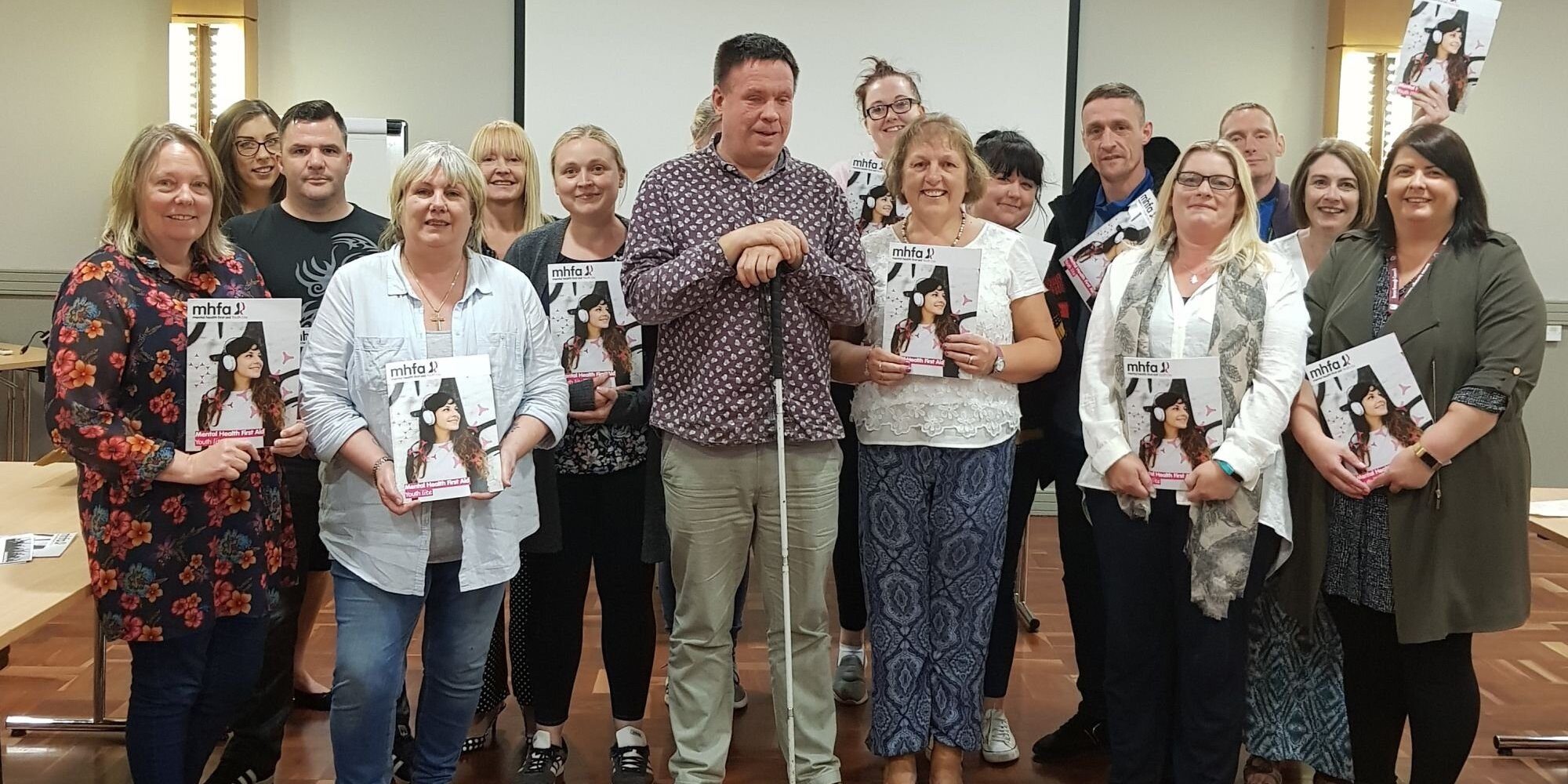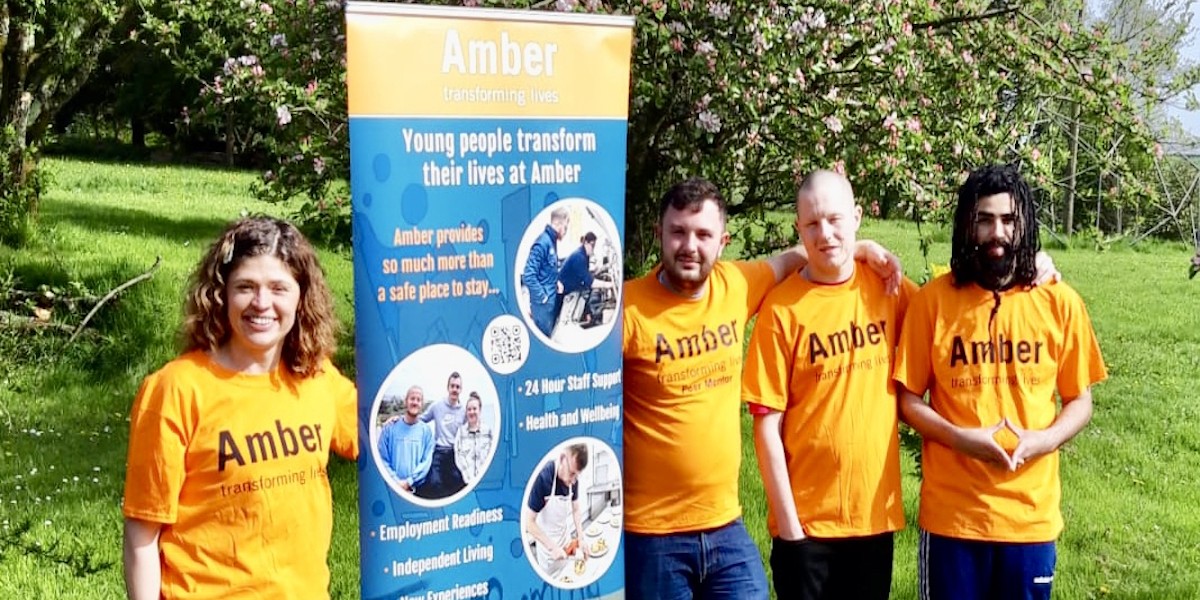Our publications
We find out What Works to support marginalised young people secure and thrive in good work, and share those insights to drive change in policy and practice.
Explore our resources.
Showing 8 publications
Intern Wayne, Operations Manager Stephen Day, and Workforce Community Engagement Project Manager Olivia Grimsley, discuss Amazon's Supported Internship Programme.
Intern Harry, programme lead Tracy Etherson and job coach Abigail Wade share how the government department is supporting young people with special educational needs or autism into work.
The Clarion Futures team discuss their mentoring programme to support care experienced young people transitioning to independent living.
UK Social Impact Manager, Fergus Hynd, introduces National Grid’s Grid for Good programme, which includes a mentoring offer for marginalised young people.
Sophie Hayter, Senior Talent Development Partner at N Family Hub, details the organisation’s approach to recruiting and retaining talent, including its apprenticeship programme.

CEO Becky Wolstenholme and Youth Ambition Lead Gary Frazer talk about how our funding has shaped their work.

CEO Paul Rosam reflects on the difference our support is making to Amber Foundation and to the wider youth homelessness sector.
A selection of deep-dive case studies from the evaluation of Inspiring Futures, exploring the impact of the programme.